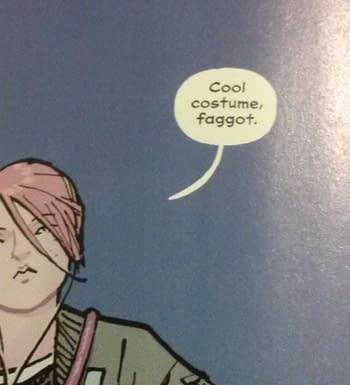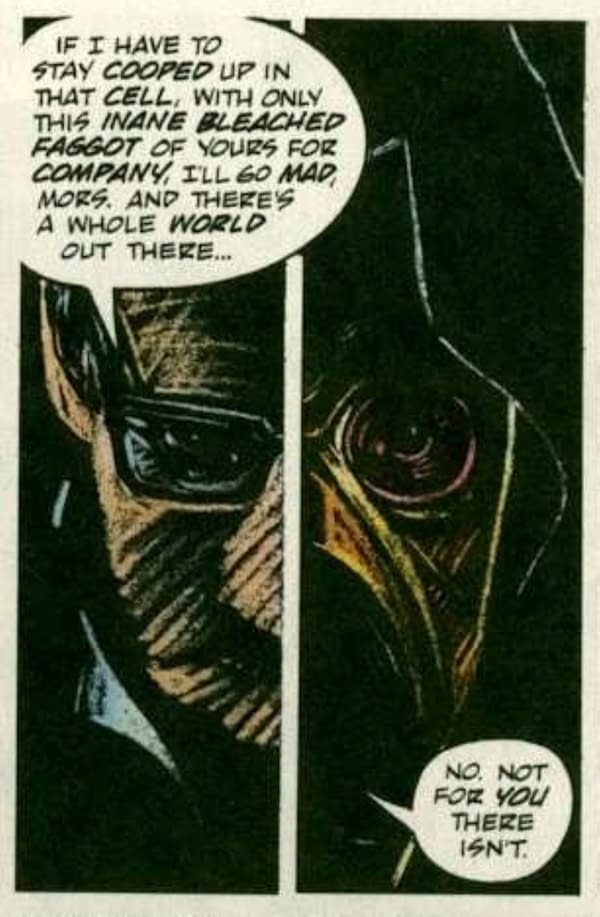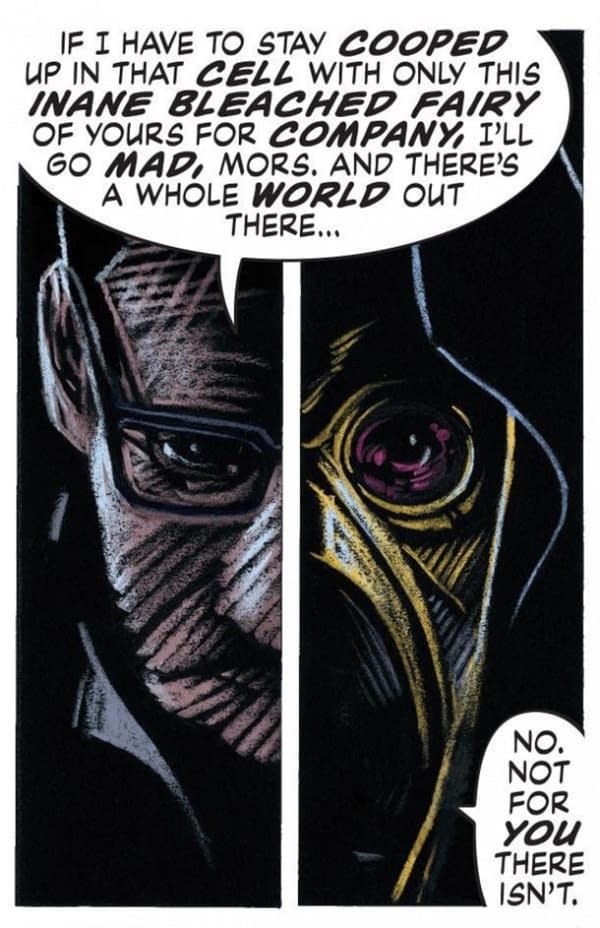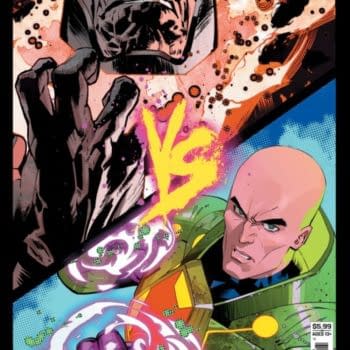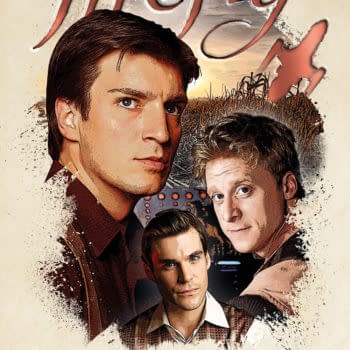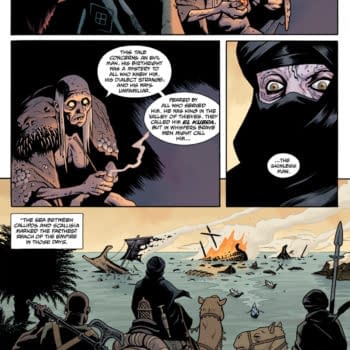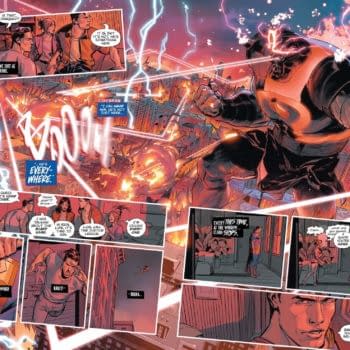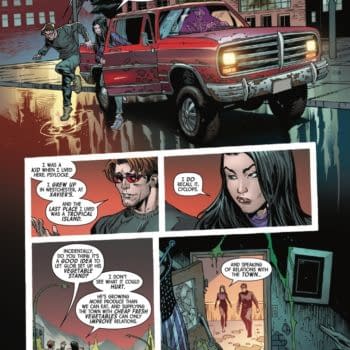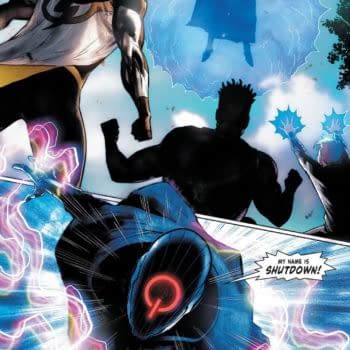Posted in: Comics | Tagged: Comics, entertainment, miracleman, paper girls
The F Word – Paper Girls And Miracleman
Last month, Bleeding Cool featured a report on the Whatever store, a San Francisco comic book-and-related shop run by married couple, Rich and Cougar.
This week they posted, regarding the new Paper Girls comic book from Brian K Vaughan and Cliff Chiang from Image Comics, an eighties-set "Stand By Her" type drama.
I am so disappointed in #BrianKVaughan and Image Comics. I will not be recommending #PaperGirls at all. Which is a shame because I had high hopes for this title. Will I have to #boycott all of his books like I have #RickRemender? There is NO place for this word especially in comics. As a gay man who owns a comic book store I am PISSED that major comic publisher continues to let this word be used. Hey GLAAD, I am curious as to when the word #faggot will get the same outrage as #tranny?
Coincidentally, on the same day, Marvel Comics censored that same word from the early nineties comic by Neil Gaiman and Mark Buckingham, reprinted this week as Miracleman #3. Here are the before and after pics.
Regarding the latter, gay comics creator Dale Lazarov who spotted the change wrote,
I find that changing "faggot" into "fairy" in the reprint of *Miracleman* #19 undermines the emotional impact of this scene in "Notes from The Underground" in two ways:
1) "Fairy" makes Gargunza's issue a question of Warhol #6's gender performance, not a question of Warhol #6's same-sex desire, and
2) "Faggot" makes more emotional sense as it's about Warhol #6's same-sex desire *for* Gargunza. You see, Warhol helped Gargunza escape attempt because Warhol #6 had feelings for Gargunza. And Gargunza not only is a homophobe, he is incapable of love. Mors *would* know, as he can read the minds of his "restorations", as we see in the last panel on this page. This makes it even *more* heartbreaking for Warhol #6 to be attracted to Gargunza…
That Mors thinks of Warhol #6 as part of his restoration experiments — as a thing rather than as a person — adds another layer to the dehumanization, but that's still clear in the reprint version. But the linking of being called a "faggot" to being dehumanized is no longer there.
I've generally been of the opinion that all language options should be open to creators, and such use should be interpreted in context. And certainly revisionist changes to previously publishing works in terms of such language is a no-no. But not everyone agrees.
Am I wrong?


